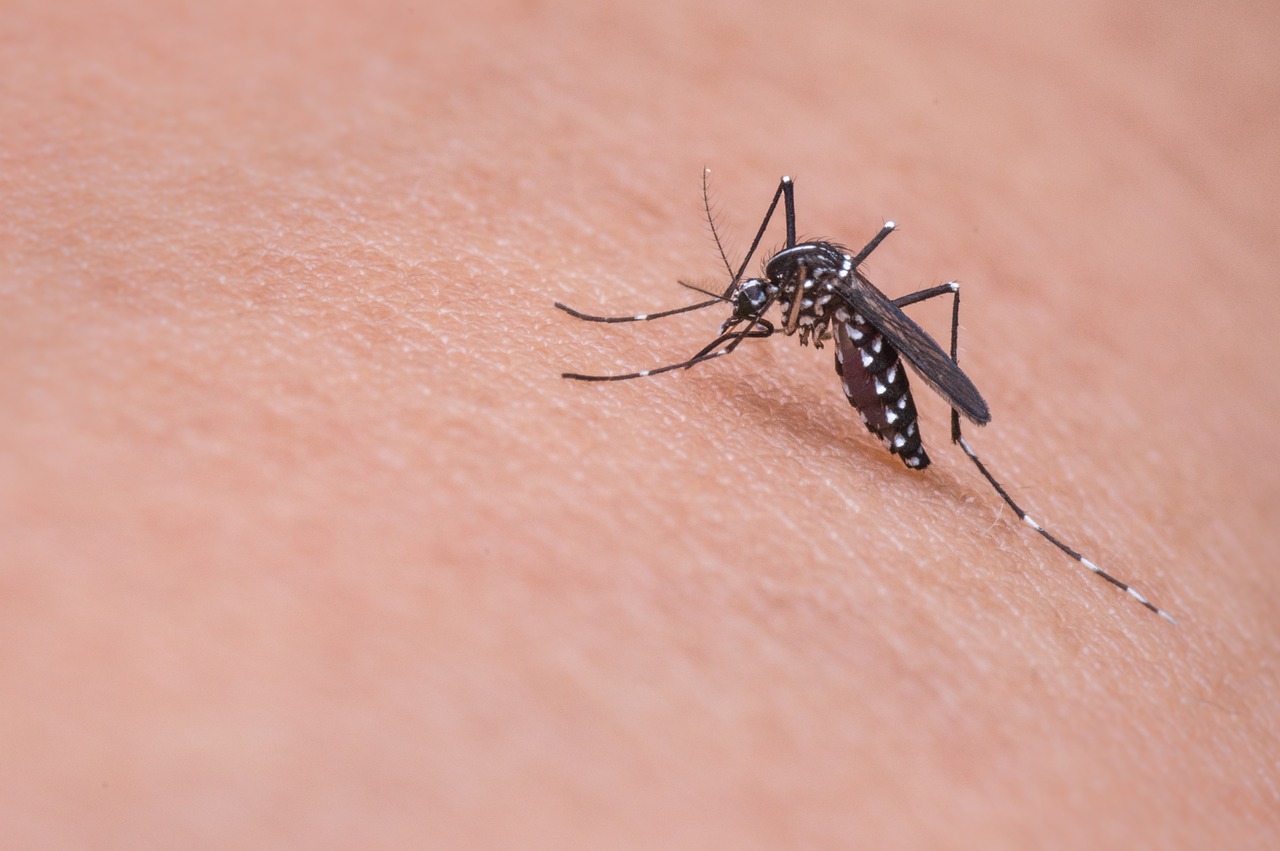Vector-borne diseases are on the rise in Texas. These are illnesses carried by pests like mosquitoes or ticks – think the Zika virus, or Lyme disease.
Not only are cases of these afflictions increasing, researchers are also seeing diseases thought to be uncommon in Texas, like dengue fever and bubonic plague. The Centers for Disease Control and Prevention recently committed $8 million to a program designed to fight vector-borne diseases in Texas and the Gulf Coast.
Janet Hurley, integrated pest management specialist for the Texas A&M AgriLife Extension service, is one of the program’s leaders. She spoke to Texas Standard about the changing dynamics of vector-borne diseases in the state. Listen to the interview above or read the transcript below.
This transcript has been edited lightly for clarity:
What’s behind this increase in cases and types of vector-borne diseases?
I think it’s just mostly an increase in people traveling and insects doing their thing, and then it’s just a matter of nature. But yes, we are seeing increased numbers, especially with West Nile virus.
Can you give us some examples of some of the diseases that have started to pop up here? You mentioned West Nile virus. What else?
Well, like you said in the intro, dengue, that has showed up. The U.S. cases of malaria that we have seen, I mean, that’s an Old World disease that we’re now seeing again. Even Western equine encephalitis. Something even else that most people aren’t aware of – murine typhus, which is a flea-borne illness.
You mentioned travel, and at least historically, ports of entry have been places where it seems that some of these vector-borne diseases have come into Texas, at least. I’m curious as to what you are hearing from the Centers for Disease Control when they decided to make this commitment to study what’s happening in Texas and the Gulf Coast?
Well, their commitment has to go to making those that have an influence on behavior aware of what needs to happen. I mean, we’ve always talked about, you know, dumping water for mosquitoes, but we don’t do a whole lot on fly management or mites or ticks. And they are all interrelated.
Our outreach is to help educate not just the person who is doing the vector control, but maybe the sanatoriums and the pest management professionals and all the other partners on why it is so important to look at sanitation, and follow some of the other things like vegetation management and things that help us to keep bad pests down, good pests up, but understanding that this does take a complete community to help us to not spread zoonotic diseases.
You know, we’ve done really good, but it took us a while on West Nile. We got a little bit more ramped up on Zika, on Chagas, but there’s more and more coming.
Well, what about solutions? What solutions are on the table? I would imagine they would extend beyond public information awareness.
Well, the solutions, they’re changing.
Solutions being instead of doing adulticiding, doing the larviciding. Cleaning up water. For instance, there are certain breeds of mosquitoes – no matter what we do, we get floodwaters – they’re going to come out because that’s the only time they come out. But knowing that and knowing this will only happen at this time, well, then you also can prepare. “Oh, we’re going to have a flooding event – this is what we need to do.”
My copartner in this project is the City of New Orleans, Mosquito, Termite and Rodent Control Board. We’re learning from them, but they had an event where they had a hurricane and they didn’t have flooding to the point where it destroyed and brought in mosquitoes. It destroyed property. What ended up happening was all of the debris was piled up for weeks. It brought rats, which brought flies. I mean, it was something else that they ended up having to deal with.
So these are the things we’re starting to look at, because I can tell you, I’m always watching the next weather event to see is it going to trigger something different.
So it’s about getting ahead of it and not dealing with the ramifications after the fact.
Yes, because my background, as you said, was integrated pest management. I’ve been working with the schools for 20 some odd years, helping them understand this philosophy of “an ounce of prevention is worth a pound of cure.” Rather than react, let us be proactive.

















